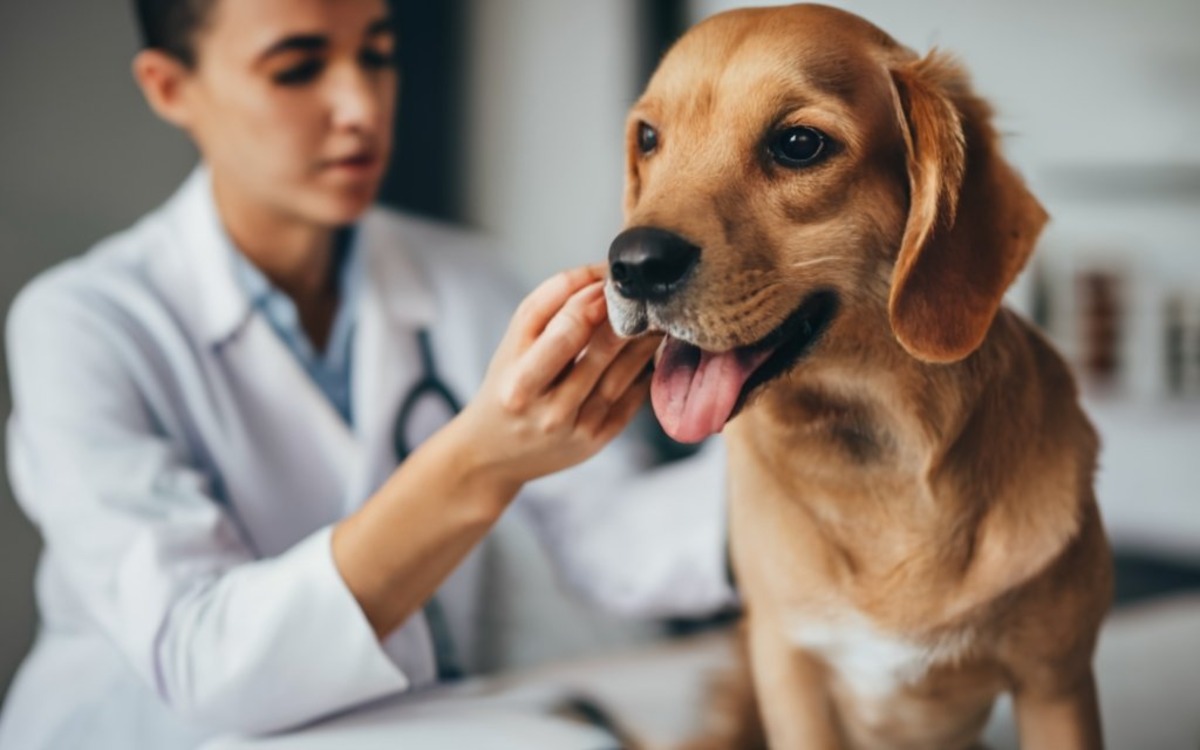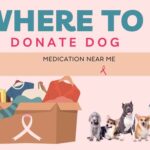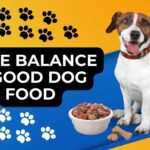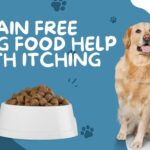Table of Contents
Food Cause Anal gland issues are a common concern for dog owners, often leading to discomfort and health problems for our furry companions. These glands, located on either side of a dog’s rectum, are responsible for secreting a scent used for marking territory and communication. However, these glands can become problematic when they get impacted, infected, or inflamed. While many factors contribute to anal gland problems, diet plays a significant role in their development.
he perplexing and bursty nature of feeding practices for dogs can have a puzzling impact on their anal gland health. Excessive treats or indulgence in human food, particularly those laden with fat, may lead to issues with these glands. The consumption of large quantities of treats or rich foods can result in weight gain and digestive troubles,
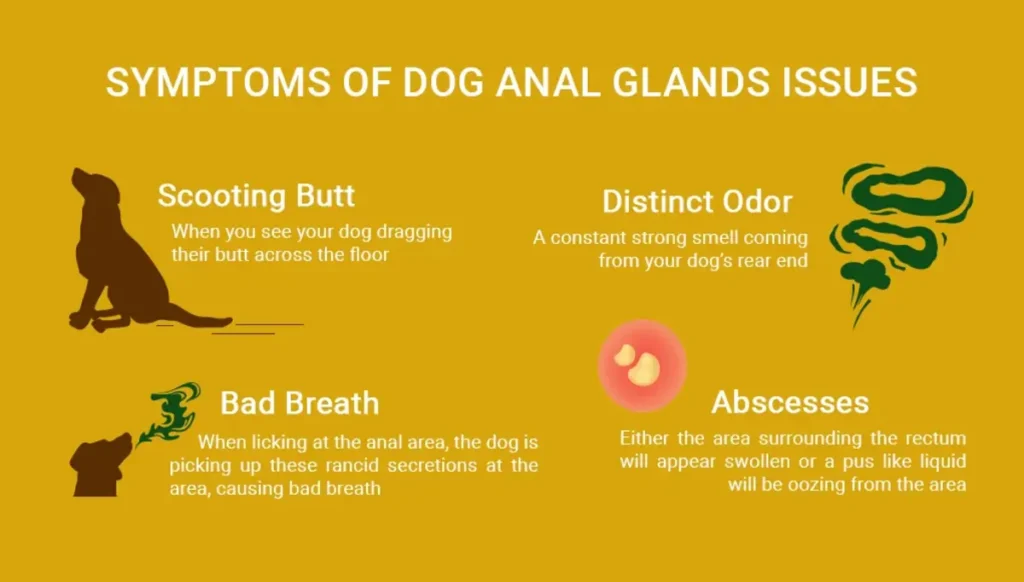
both of which can detrimentally affect the well-being of these glands. To maintain balance and prevent potential problems, it is advised that dogs primarily consume nutritionally balanced dog food tailored to their specific dietary needs. However, overindulging them with an abundance of treats or human fare has the potential to disrupt this equilibrium and potentially provoke anal gland complications.
Another factor that adds to the mystifying realm of anal gland issues in dogs is a diet high in fat content. When dogs ingest excessive amounts of fat, their stools may take on an enigmatic softness that makes natural expression more challenging. This buildup of secretions within the anal glands can cause discomfort and foster possible complexities.
Therefore, it becomes imperative to ensure that dogs are provided with a diet appropriately balanced in terms of fat content so as to guarantee optimal functioning of their anal glands remains intact. Additionally, maintaining consistency in dietary habits while avoiding abrupt changes can assist dogs in sidestepping any food allergies or sensitivities that might also contribute to perplexing problems involving their anal glands
The Impact of Diet on Anal Gland Health
- Low-Fiber Diet:
A low-fiber diet can lead to soft stools, reducing the natural pressure needed to empty the anal glands during bowel movements. When the glands aren’t adequately expressed, they can become impacted and cause issues. - Inadequate Diet Variety:
Providing a monotonous diet without enough variety may not offer the essential nutrients and fiber needed for healthy bowel movements and proper anal gland function. - Food Allergies or Sensitivities:
Food allergies or sensitivities can cause digestive problems, including diarrhea or soft stools, affecting the consistency of the stool and, consequently, the expression of anal glands. - High-Fat Diet:
A diet rich in fat can lead to softer stools or diarrhea, decreasing the pressure required for the anal glands to empty during bowel movements. - Excessive Treats or Human Food:
Overindulgence in treats or feeding dogs human food, especially those high in fat or unsuitable for dogs, can cause digestive issues, influencing the normal function of the anal glands.
Ensuring a Balanced Diet for Anal Gland Health
To promote optimal anal gland health and overall well-being for dogs, providing a balanced diet with appropriate fiber content is crucial. High-quality commercial dog food often contains adequate fiber to support healthy bowel movements and anal gland function. It’s advisable to consult a veterinarian for tailored dietary recommendations based on a dog’s specific needs, health conditions, and breed characteristics.
Conclusion
While diet is a contributing factor to anal gland issues in dogs, it is not the sole cause. A balanced and appropriate diet, alongside regular veterinary check-ups and proper hygiene, can significantly reduce the risk of anal gland problems. Understanding the importance of a well-rounded diet and seeking professional guidance can ensure our canine companions lead healthy and comfortable lives.
Can a dog’s diet affect their anal glands?
Yes, a dog’s diet can impact their anal glands. Factors such as low fiber content, lack of diet variety, high-fat content, or specific food allergies can contribute to anal gland problems in dogs.
How does a low-fiber diet affect anal glands in dogs?
A low-fiber diet can result in soft stools, which may not provide sufficient pressure during bowel movements to naturally express the anal glands. This lack of expression can lead to impaction or inflammation of the anal glands.
What role does food variety play in anal gland health?
Providing a diet with a variety of nutrients and fiber is essential for healthy bowel movements, which aid in proper anal gland expression. A lack of dietary variety may result in imbalances and contribute to anal gland issues.
Can food allergies or sensitivities cause anal gland problems in dogs?
Yes, food allergies or sensitivities can cause digestive issues, including diarrhea or soft stools. Inconsistent stool consistency can hinder the natural expression of anal glands, leading to complications.
Why does a high-fat diet impact anal gland health?
A high-fat diet can lead to softer stools or diarrhea, reducing the necessary pressure for the anal glands to empty during bowel movements. This can result in improper anal gland expression and potential health issues.
Is it advisable to give dogs excessive treats or human food?
No, providing excessive treats or human food, especially those high in fat or unsuitable for dogs, can disrupt a dog’s digestive system and influence the function of the anal glands, potentially causing anal gland problems.
How can I ensure a balanced diet for my dog’s anal gland health?
Consult with a veterinarian to determine an appropriate, well-rounded diet for your dog. High-quality commercial dog food with adequate fiber content is often recommended to support healthy bowel movements and anal gland function.
What should I do if I suspect my dog has anal gland issues?
If you suspect your dog is experiencing anal gland problems or if you’re concerned about their diet’s impact, it’s important to seek veterinary care. A veterinarian can provide a thorough examination, offer dietary recommendations, and suggest appropriate treatments to alleviate any issues.
